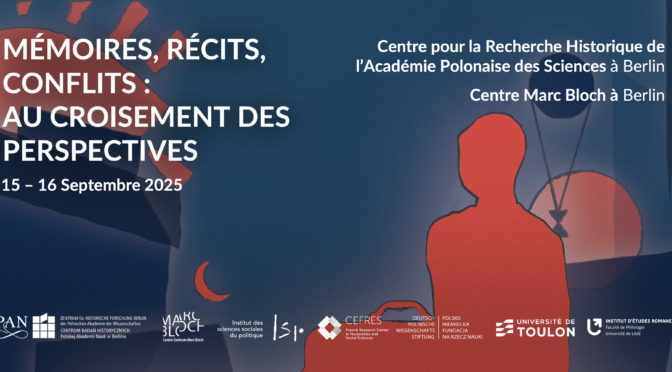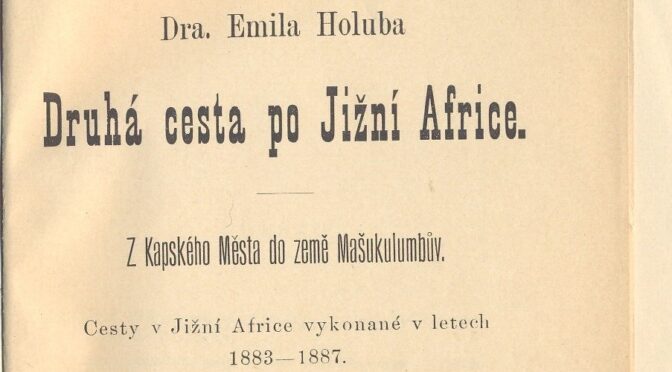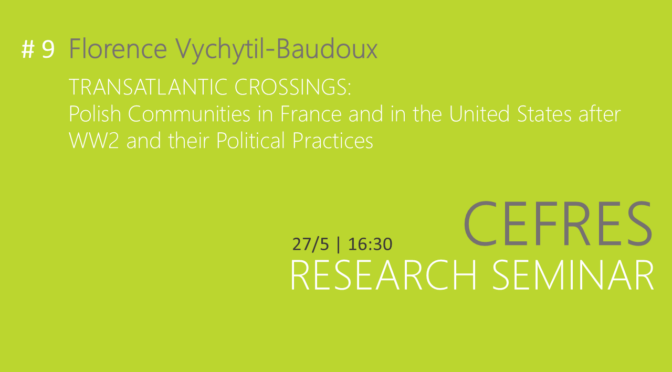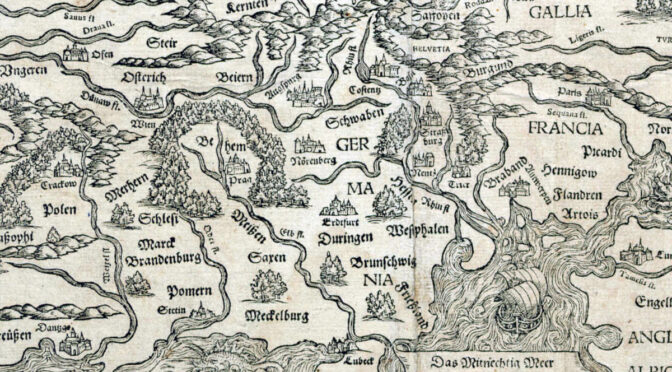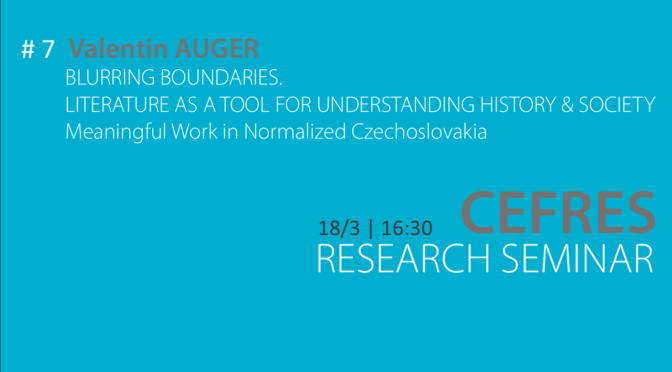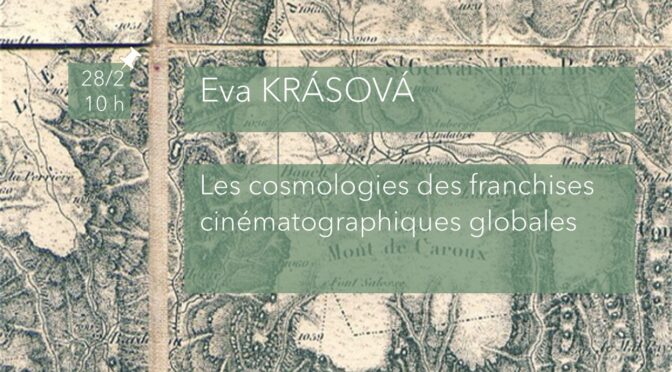A conference organized by:
Centre d’études historiques de l’Académie polonaise des Sciences (CBH-PAN)
ISP (UMR 7220)
LincS (UMR 7069)
Université de Toulon
Université de Łódź
and the French Research Center in Humanities and Social Sciences (CEFRES, Prague)
Date: September 15–16, 2025
Location: Berlin, Polish Academy of Sciences, Marc Bloch Center
Languages: English & French
‘Memory’ as a subject of study and a political, social and media issue has dominated public debate in Europe since the late 1980s. ‘Duty to remember,’ ‘realms of memory,’ ‘wars of memory,’ ‘competition among victims,’ ‘memory invasion,’ ‘paths of memory,’ ‘politics of memory,’ ‘defence of memory,’ ‘murderers of memory’: these expressions reflect a new relationship with the world, a new regime of historicity that François Hartog calls presentism. This new configuration of the relationship with the past is reflected in various identity claims, particularly from previously dominated groups, but also in new institutional practices. Memory becomes a tool for mobilisation and intervention in the media, in public life, in politics in the broad sense of the term, but also in literature and the arts. It fuels epistemological reflection within the humanities and social sciences community. Continue reading Memory, Narratives, and Conflicts: At the Confluence of Perspectives

